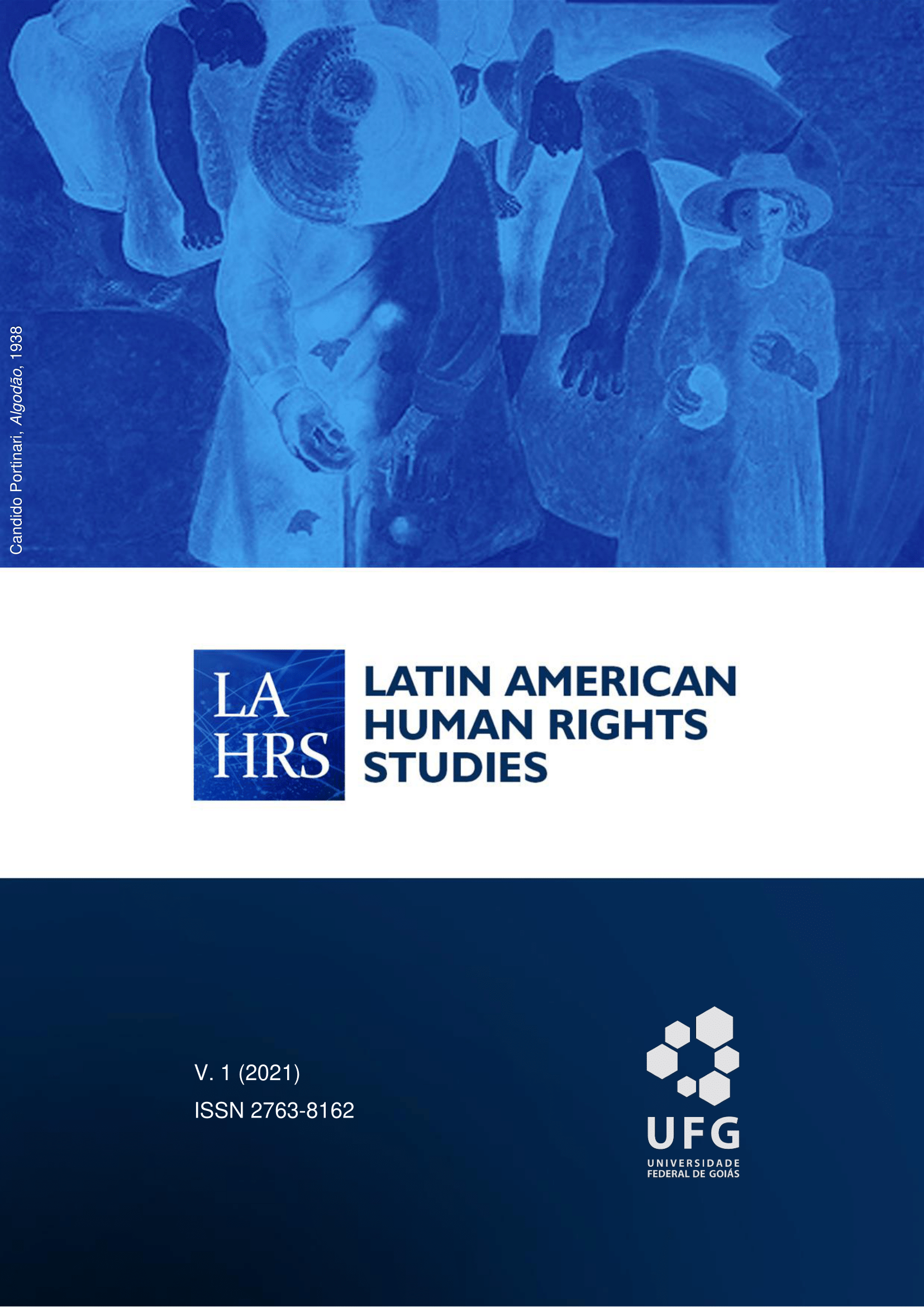Analizando el Derecho a La Alimentación: algunas vías de acceso posibles para su abordaje
Palavras-chave:
Derechos Humanos, Política Internacional, Derecho a la alimentación, Gobernanza Global, NeoliberalismoResumo
The present work brought into play various analytical categories from the legal and sociological field, to analyze the Right to Food and critically compare its compliance or not, and what variables would come into play for its instantiation. The approach under which it was carried out was qualitative-interpretative. The Right to Food has been protected by different international instruments. It was observed that despite the legal framework and existing international and regional initiatives in this area, there are currently millions of people in the world with severe food insecurity. The concept of Global Governance was studied, making it clear that it refers to the structures and processes for decision-making that allow a State, an organization or a group of people to carry out different matters. However, it was evidenced that decision-making is subject to the operating logic of the capitalist system where economic and geopolitical interests do not allow taking into account "the use value" of food, conceiving it primarily as a commodity. The concept of neoliberalism was also highlighted as a form that affects the guarantee of the right to food as a fundamental human right. Finally, the concepts of international politics and foreign policy were studied, and the important role of social movements and the concept of Food Sovereignty was highlighted.
Downloads
Publicado
Edição
Seção
Licença
CC BY (Attribution 4.0 International): This license allows reusers to distribute, adapt, and build upon the material in any medium or format, so long as attribution is given to the creator. The license allows for commercial use. See the full license.


